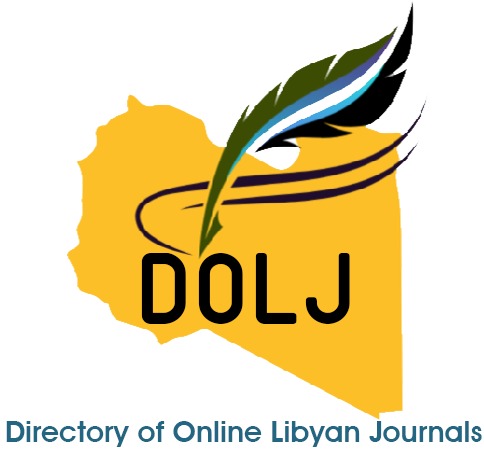Use of inclusive language
Inclusive language within academic discourse acknowledges and embraces diversity, demonstrating respect for individuals irrespective of their age, gender, race, ethnicity, culture, sexual orientation, disability, or health condition. It avoids any implication of superiority or inferiority based on these factors. Moreover, all content should be crafted in an inclusive manner, refraining from assuming the reader's personal commitments or beliefs. Authors bear the responsibility of ensuring that their work is devoid of prejudice, slang, stereotypes, allusions to dominant cultural norms, and cultural presumptions.











